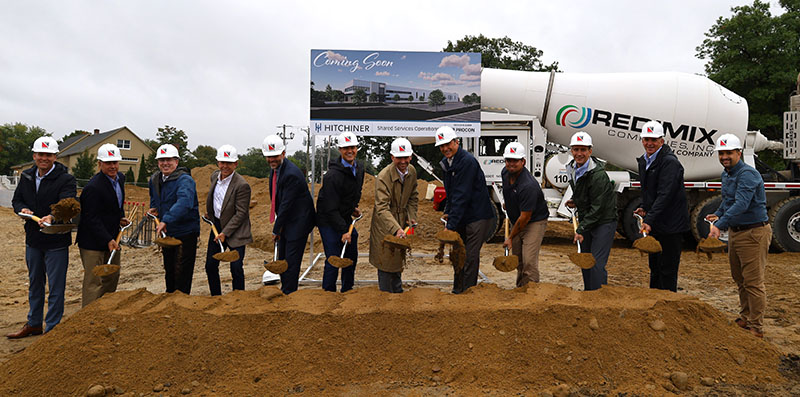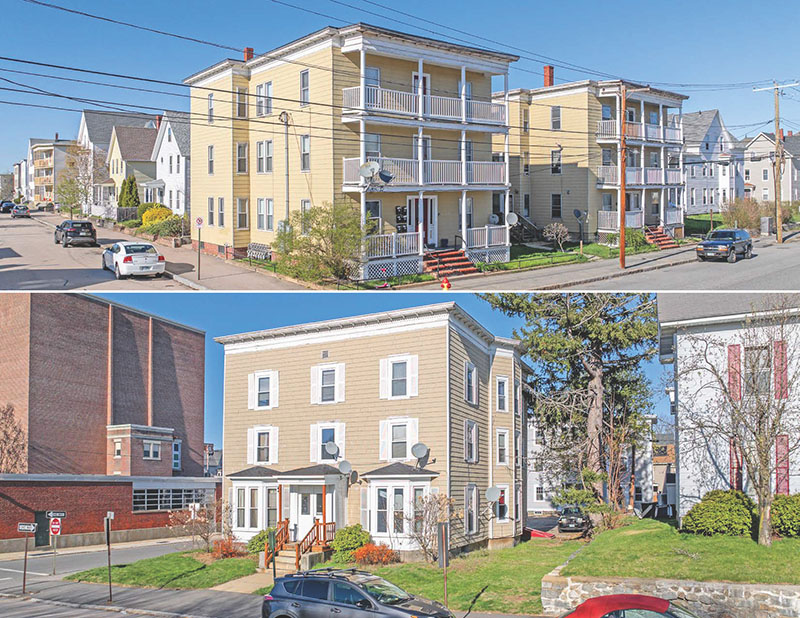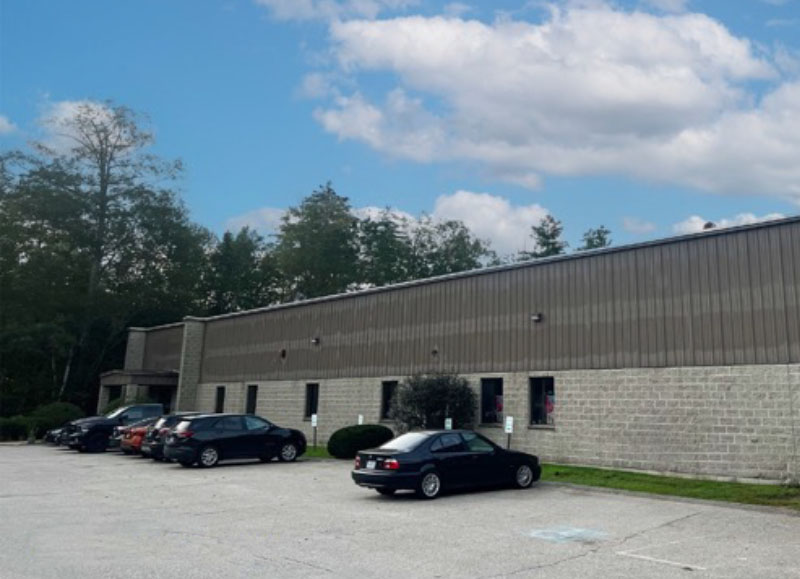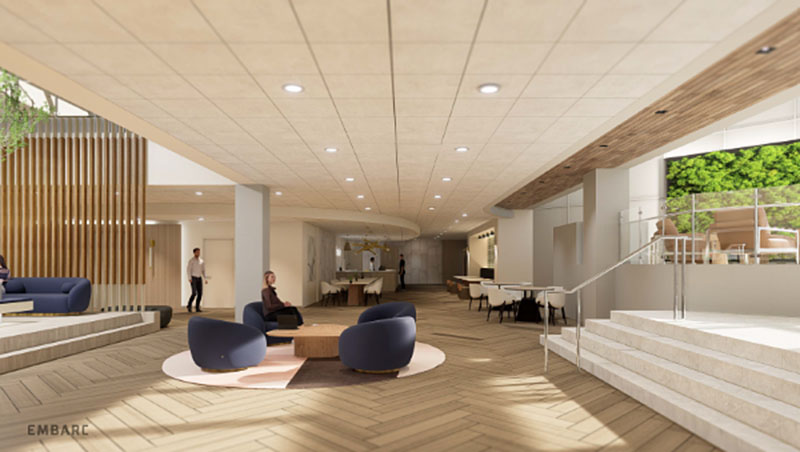As summer approaches, we have found transaction volume steady for both leases and sales - by Bill Norton

Norton Asset Management
As summer approaches, it is hard to believe that 2019 is nearly half over. We have found transaction volume steady, for both leases and sales, but every deal is somewhat of a grind. For leases, rates are up due to no new inventory and spiraling construction costs. Even simple TI’s can run $15 - $20 per s/f. As we have been pointing out for quite some time (harping?), lease term is a key ingredient. Even IBM does not do 10-year deals, so amortizing improvements over 3 or 5 years starts to add up. The workspace has changed. Density is up, so office requirements now often call for 6 - 7 parking spaces per 1,000 s/f (up from 4). This used to be only for medical users, but with clustered workstations and “teams” we have seen as many as 7 people in 1,000 s/f. The most dense are call centers, with 10 people per 1,000 s/f.
Another factor facing lease term is the pending economic “reset” or correction, which an increasing percentage of pundits now see coming in 2020. At the spring CRE meeting in Chicago, there was strong (75±%) consensus that there will be some form of slow down next year. How much and how long is unclear. The fundamentals we are told are still reasonably strong. The counterpoint is that this is the longest/second longest recovery since World War II, so there must be a correction coming. From where I sit, the values seem too robust, not in all sectors, but most. Medical space may cost $300+ per s/f but a generic office building should be able to be built for $200 per s/f or less. Housing is the same. The concern is if interest rates were to tick up to historical norms of 5% to 6%, even 7%, then values would have to drop to make the mortgage numbers work.
The continued low (historically) cost of mortgage money for commercial properties has kept their values high, but $90 per s/f - $100 per s/f for 30 and 40-year-old industrial flex buildings seems out of whack. Of course, building new, is now north of $100 per s/f – ouch! The elephant in the room is politics – tariffs and a tweeting President who seems to enjoy poking sticks at everyone. I have been reading Donald Yergan’s book The Prize: The Epic Quest for Oil, Money and Power. The restrictive trade policies of Smoot-Hawley (aka United States Tariff Act of 1930) that precipitated the dramatic decline in world trade (imports and exports) which then triggered the Great Depression, was not that long ago.
The complexity of globalization (and globalism) are now prompting reactions, Brexit, right-leaning governments, rising nationalism. The U.S. is still the global safe harbor, not so much from our sound fundamentals, but from the shakiness of the EU and China (and now India). Our position on top of the global heap is not guaranteed. In fact, our own economy is tepid at best. With growth in GDP barely covering inflation, we have not really grown the economy in more than a decade. The rapidly rising debt, both public and private, is a big concern.
So, in the times of uncertainty, investment real estate looks like a solid asset class, one with underlying value and stability. That is normally the case. In the country’s “A” markets, such as Boston here in New England, that will likely continue to be the case. In the Sunbelt’s cities, the fundamentals are strong as well. I marvel at the energy and productivity I see in the Carolinas. There are many components: a younger workforce, positive population growth, reasonably priced land, competitive utility costs…. (I could go on) but the contrast to New England is stark.
My prognostication is that the U.S. economy will not crater (safe bet), but we are far from a strong or significant rebound. Beyond 1600 Pennsylvania Ave., the Congress is not firing on all cylinders either. This uncertainty is not helpful. One might say well the heck with both of them, let the private sector lead the way! Alas, much of our production is exports, so tariffs mean something. Then we are global, so our supply chains are international. Then we are very much a service economy, so policy matters. It is not a simple equation. Commercial real estate should hold its own and some form of correction is not a bad thing if it results in construction costs coming back to Earth!
Enjoy the summer, as it is all too often too short here in New England.
Bill Norton, CRE, FMA, Hon. AIA NH, is a principal of Norton Asset Management, Manchester, N.H.
PROCON and Hitchiner break ground on 57,000 s/f shared services operations facility








